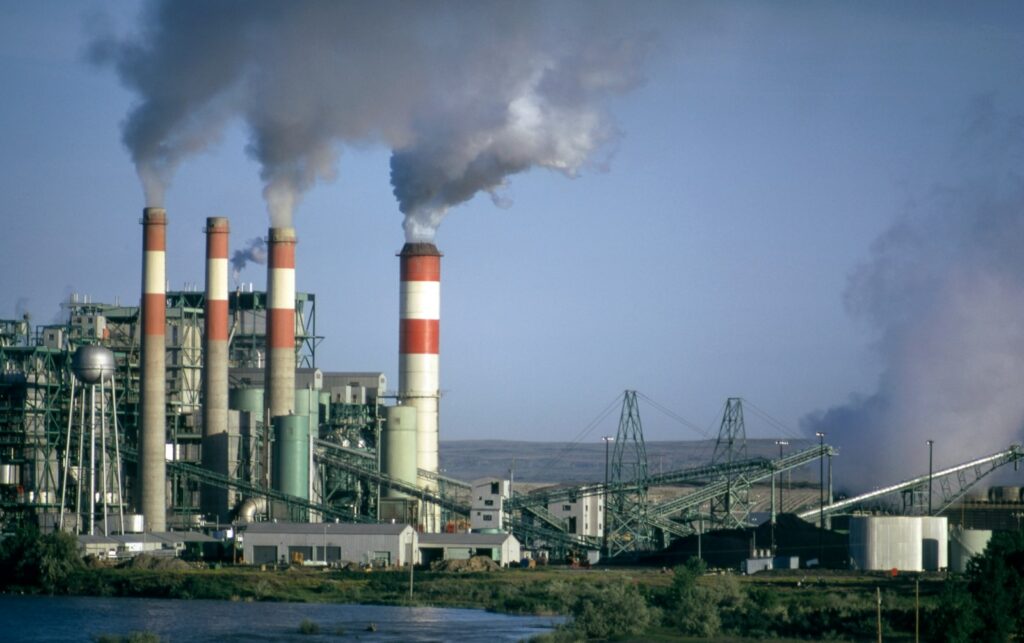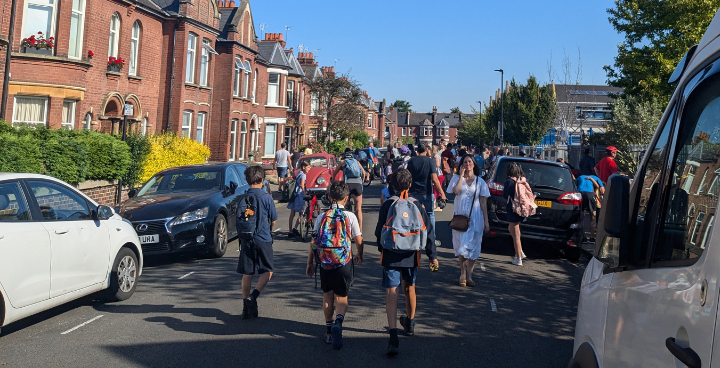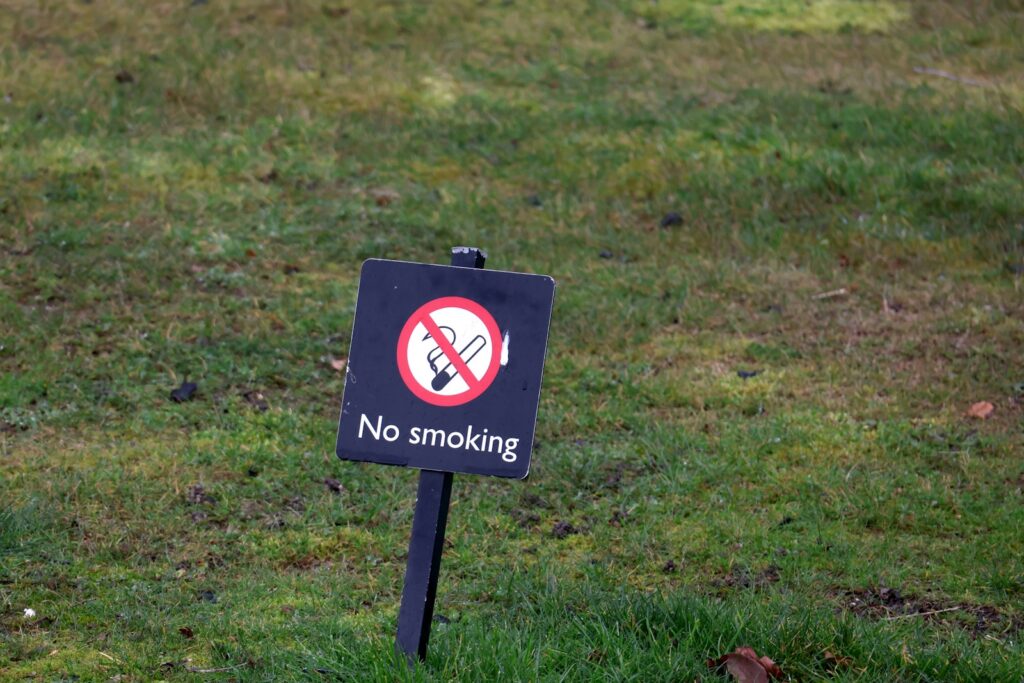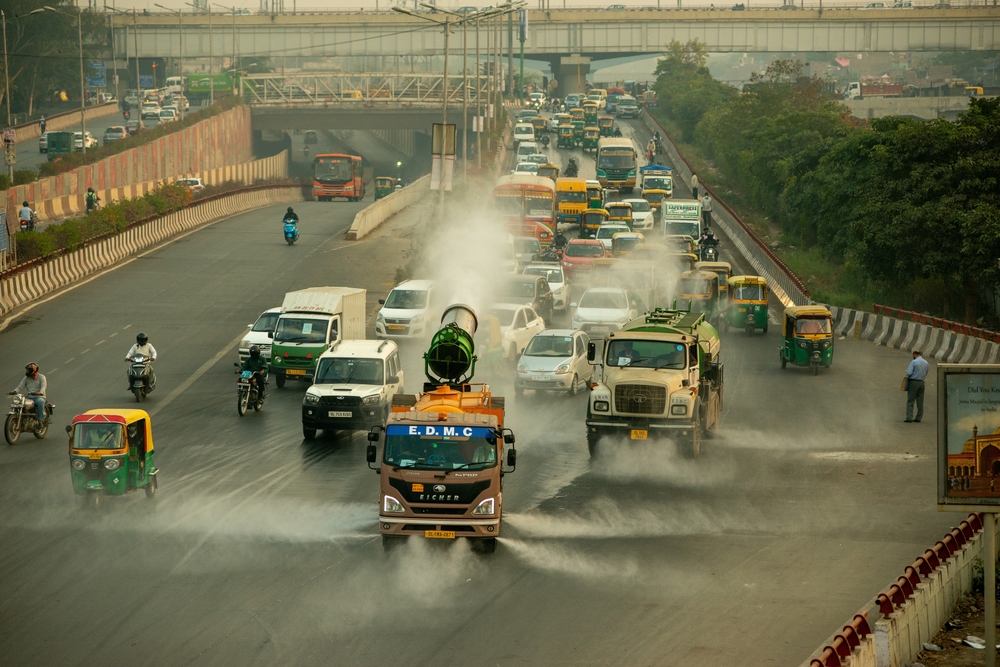Writing exclusively for Air Quality News, environmentalist and traveller Ian Packham looks at Ghana’s air pollution problem and speaks to the people trying to solve it.
According to the World Health Organisation (WHO), 90% of urban dwellers worldwide are exposed to air pollution. I know from personal experience that my windows in central Sheffield get covered in a layer of black particles within a few weeks, and does have me worrying over what I might be inadvertently breathing in given air pollution has been linked to everything from stunted lung development in children to dementia in the elderly.
In Ghana, data suggests that almost 58% of the population is now urban, matching the world average. It means that around 18 million people are at risk of air pollution in the country. In the UK, it’s going to be much higher, with 83% of our population now urban.
As well as its stats on where people live, WHO has also reported that 28,000 Ghanaians are dying prematurely as a result of air quality issues. This is the country’s second highest cause of death, after malnutrition, and is therefore a problem which should be ringing alarm bells across government.
It’s equivalent to one in every 25 people that live in Tamale, a city in Ghana’s north which is the fastest growing in West Africa, dying as a result of what they have no choice but to breath in on a daily basis. And as I’ve already suggested, it’s young children and those over 50 years of age that are at the most risk of the negative health implications.
About a decade ago when I was last in Tamale, it was a city known for its bicycles. It even had some of the region’s only dedicated bicycle lanes. Today these have been taken over by a constant flow of mopeds and motorcycles, adding to the air pollution already emitted by the trucks, lorries, trotro minibuses and yellows-yellows (autorickshaws).
Emissions from transport driven by traditional fuel-burning engines are the most obvious immediate source of air pollution in cities like Tamale. Even though Ghana is one of just seven countries on the African continent with real-time air pollution monitoring systems, data is still patchy and limited. However, levels are known to be around ten times higher than WHO recommendations, peaking in the dry season which officially starts in November and runs through to the start of April.
A great place to start reducing air pollution in Ghana would be for the central government to have a nationwide policy or targets for air quality, which as yet do not exist. A study published in Environment International in 2023 showed decarbonisation, defined as a “scenario in which all combustion-related emissions contributing to … air pollutant concentrations are removed” could substantially improve air quality.
Through modelling, the study estimates that such decarbonisation could reduce inhalable fine particulate matter by 18% on Tamale’s streets, and levels of the pollutant nitrogen dioxide (NO2) by a similar percentage.
This would ultimately result in lower incidences of problems including low birth weights of affected newborns and the onset of childhood respiratory diseases such as asthma. The removal of all such emissions might sound far-fetched, but it is the stated goal of many nations worldwide.
For such a policy to be ultimately successful in Tamale, the use of solid fuels (predominantly wood and charcoal) in open fires for cooking also needs to be addressed. While some families choose to use open fires for cultural reasons, Abdul-Mumin Yussif, the cofounder and executive director of United Force for Development International (UF4D) told me that in his view most do so today because of their economic circumstances. In short, obtaining branches from trees in a nearby woodland is the cheapest way for the region’s women to source fuel to cook meals for their families.
“Twenty-two million people rely on solid fuel and its growing” Yussif told me, reeling off stats from a document from his laptop in a small office just outside of central Tamale. “Sixty-five to 70% are still using the three stone stove method, especially in the five northern regions [of Ghana].”
The three stone stove method sees a large cooking pot balanced on a triangle of three stones, between which the fire is lit. “It results in 6,500 deaths a year, including 4,500 child deaths” continued Yussif. “They inhale a lot of smoke and get a lot of respiratory diseases as a result.”
Clean cooking technology is one answer, which is something the team of six at UF4D have been working on for a couple of years now. So far, 25 communities in five districts around Tamale have been able to take advantage of the result: a hollow metal ‘brick’ perforated with dozens of neatly-drilled holes.
Placed between the triangle of three stones and beneath the solid fuel being used, it alters the circulation of air by creating a partial vacuum, thereby reducing the amount of smoke given off by cooking fires.
Importantly, the project focusses on those who are the predominant cooks in these societies – women – and doesn’t rely on communities being persuaded to cook in a different way. Instead, Yussif’s clean cooking technology improves how the women of these communities are already cooking. What’s more, being a low-tech solution, locals can make their own versions, with perforated empty food cans working almost as well.
So while the future of Ghana’s air quality can seem as blackened as the exhaust fumes of one of Tamale’s aging fleet of trotro minibuses, there is reason to hope that air pollution won’t be Ghana’s second-biggest cause of premature death for much longer.
Read more of Ian Packham’s exclusive reports from Ghana on our sister site, Environment Journal:
Worth the weight? Illegal gold mines are polluting Ghana
Alternatives to deforestation in Ghana
Even with conservation sea turtles face an existential threat

















Leave a Reply